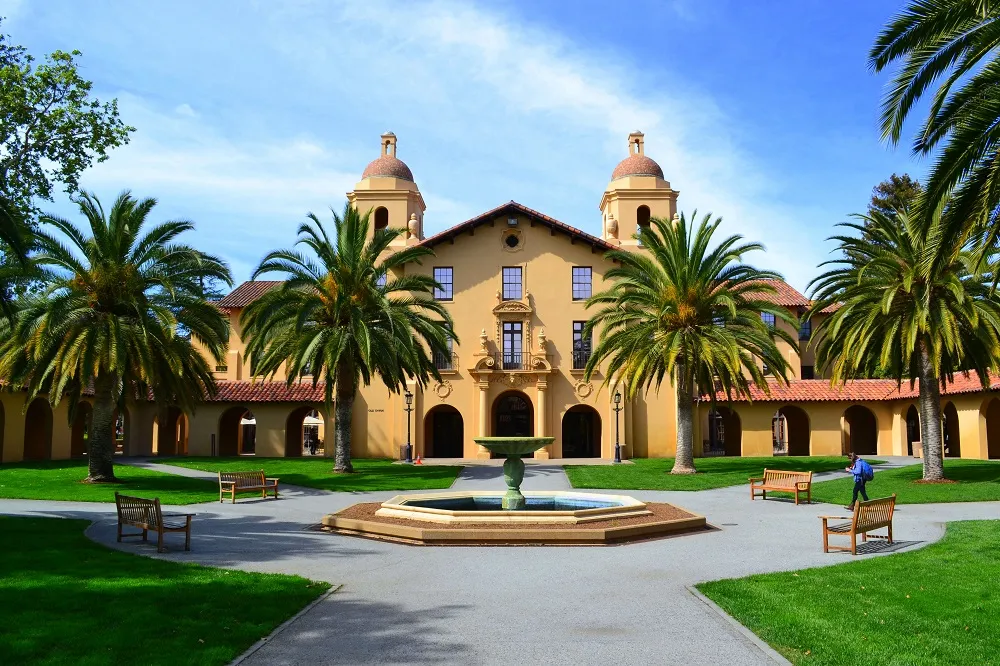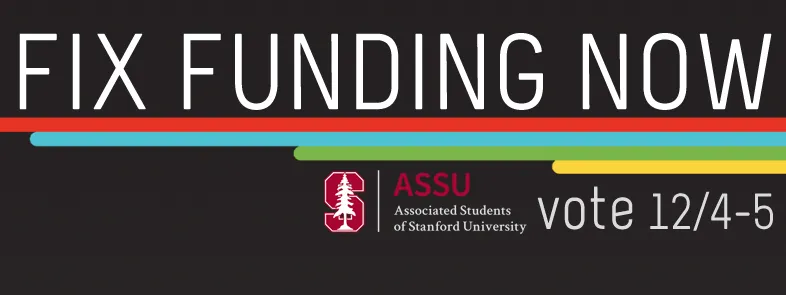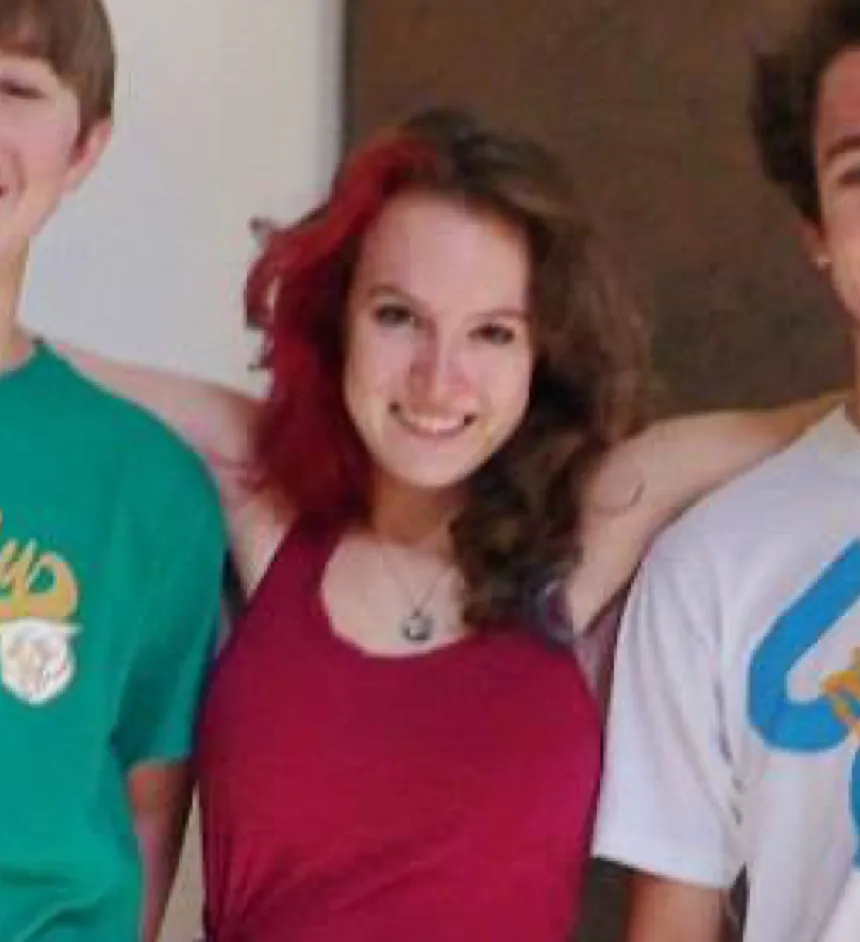Table of Contents
The message addressed both their resignation and the content of a mass email they sent to Stanford students on Thursday morning. Thompson and Manzi apologized for their reference to Oprah Winfrey, which they called “a profound mistake.” In the original message, the Co-chairs open with a reference to Winfrey’s status as a sexual assault survivor. Because of the tone of this reference, the Co-chairs received negative feedback from Stanford community members who were offended in various ways. Thompson and Manzi stated in their response email:
We deeply regret that this e-mail may have hurt and offended numerous survivors and other concerned students…Again, we are profoundly and deeply sorry for the mistake we made.
The two also addressed negative feedback they had received about the role of E2.0 in the ASSU. “[T]here have been some concerns about our place within the ASSU,” they stated. In recent weeks, campus media and students have posed concerns about the ASSU’s extensive focus on entrepreneurship. Thompson and Manzi explained their stance:
We believe our work is good, empowering, and crucial to solving the world’s most pressing challenges. However we realize this work may not best fit within the confines of a student government.
They will be taking E2.0 independent of the ASSU, but several questions remain unanswered. First, one must wonder how this separation is possible. E2 was a division of the Executive cabinet, and Thompson and Manzi were both appointed as cabinet members. Will the ASSU create a new division of entrepreneurship and appoint a new chair? How simple will E2’s separation from the ASSU Executive actually occur, since it has been developed as a part of the ASSU Executive over the past several months?
One must also question the amount of negative feedback received. To completely remove the entrepreneurship division, which seemed to function as a major component of the Stanford 2.0 platform, is quite a drastic and abrupt change. It does indicate responsiveness to feedback received from the student body. But the ASSU Executive might have felt like it had little choice but to separate E2 after the true intensity of the feedback, both to the content of the email and to the division itself, became apparent.








